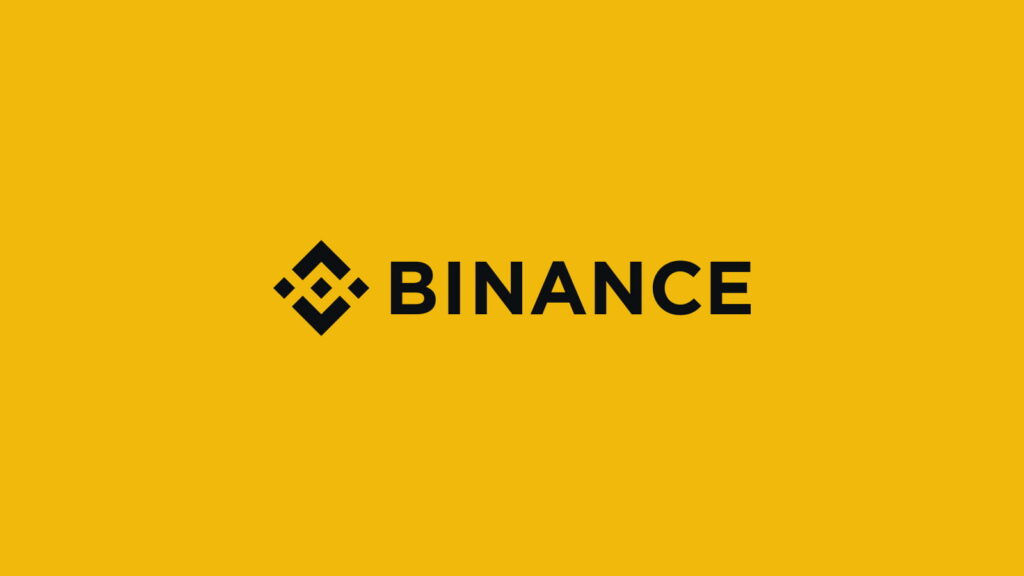Is Binance Legal in India? Everything You Need to Know
Is Binance Legal in India?:- In the world of crypto, increasing numbers of users are turning to platforms such as Binance to invest and trade. However, for Indian buyers, one of the primary issues is whether Binance is legal in India. Binance legal within India? With the ever-changing regulatory framework that surrounds cryptocurrency in the country, it is essential to be aware of Binance’s legal standing prior to launching into cryptocurrency trading. In this piece, we’ll look at the most critical factors: Binance’s legal position within India, its regulatory issues, and the impact it has on Indian traders.

What is Binance?
Binance is among the largest cryptocurrency exchanges in the world, and it allows users to trade in a broad array of digital assets like Bitcoin, Ethereum, and many other altcoins. It was founded 2017 in 2017 by Changpeng Zhao (CZ); Binance has seen rapid growth and built up a substantial customer base across the globe and even in India.
Offering a wide range of services, including spot trading to Staking, futures trading, and even decentralized financial (DeFi), Binance has gained popularity as a platform of choice for those who love crypto. Indian users need to know what is legal regarding the usage of Binance in India’s legal area of jurisdiction.
Legal Status of Binance in India
The Binance’s legal standing within India is an issue that has been debated for years. India is not a country with any clear, definitive rules regarding cryptocurrency, which creates the possibility of confusion. Let’s dissect it into the most critical points:
1. Lack of Specific Crypto Regulations in India
At present, India has no specific rules or laws that regulate the usage and trade of cryptocurrency. The government has also attempted to pass a bill on cryptocurrency. However, the bill has not yet been approved, leaving the regulatory landscape in a large grey. Legally, the cryptocurrency industry is not lawfully illegal or fully controlled in India.
In this way, Binance operates in India within a gray zone. There aren’t any explicit lawful restrictions that prevent Indian citizens from employing Binance to buy, sell, and trade in cryptocurrencies.
2. Cryptocurrency Taxation in India
One of the most recent changes that Indian crypto traders must be conscious of is the new tax system that the government has introduced. The Finance Act 2022 introduced a tax of 30% on the profits made from crypto transactions. Additionally, a one percent tax deduction at source (TDS) is available to Bitcoin transactions over a particular amount.
The taxation structure demonstrates that, even though cryptocurrencies like Bitcoin and Ethereum aren’t explicitly prohibited, they do have to comply with tax laws. Customers of Binance are required to declare their crypto profits and adhere to the tax regulations that apply to them. Otherwise, they may be penalized.
3. RBI’s Stance on Cryptocurrencies
In 2018, the Reserve Bank of India (RBI) imposed a banking ban on cryptocurrency-related transactions, effectively preventing banks from providing services to crypto exchanges. However, in 2020, the Supreme Court of India overturned the ban and declared that it violated the Constitution. This was an essential win for cryptocurrency enthusiasts in India, allowing platforms such as Binance to continue operating without the danger of restrictions on banking.
Even though the RBI hasn’t taken an official stance on whether or not they support crypto, the absence of an embargo on banks has permitted cryptocurrency exchanges such as Binance to keep providing services for Indian customers.
4. Compliant in accordance with Local Laws
Binance, along with other cryptocurrency exchanges, is required to adhere to Indian laws, which include laws like the Prevention of Money Laundering Act (PMLA) as well as the Foreign Exchange Management Act (FEMA). Binance has put in place Know Your Customer (KYC) and Anti-Money Laundering (AML) steps to ensure compliance with these laws.
Although Binance respects these regulations in order to prevent legal issues, it’s crucial to keep in mind that any alteration to Indian legislation or rules might affect Binance’s activities within India. So, customers must be up-to-date on any changes in the legal framework.
Key Considerations for Indian Crypto Traders Using Binance
Although Binance isn’t unlawful within India however, there are a couple of essential points Indian users need to consider prior to making use of the platform:
1. Regulatory Uncertainty
India’s regulation of cryptocurrencies is evolving, and there’s no definitive policy in place. The policy changes could impact how companies like Binance function in the country. Indian traders need to be aware of any government announcements and possible changes to the law.
2. Security Concerns
Cryptocurrency exchanges, like Binance, have been victims of cyber attacks in recent times. Indian traders must ensure that they adhere to the best security standards for their business, including using 2-factor authentication (2FA) and cold wallets to keep their money for extended periods, as well as not sharing personal keys.
3. Tax Implications
In the wake of the introduction of a 30 percent tax on cryptocurrency earnings, Indian users must maintain accurate records of their crypto transactions. These include buying and trading, selling, and staking. Binance has transaction history reports that can assist customers with tax filing; however, it’s recommended to speak with a tax expert to get accurate tax reports.
4. Alternative Platforms
If you’re worried about the legal framework or want to look into alternative options, there are several local exchanges available in India, including WazirX, CoinDCX, and ZebPay. They are targeted towards Indian customers and typically offer localized services such as INR withdrawals and deposits.
Conclusion About Is Binance Legal in India?
In the end, Binance is legal within India in the present legal framework as the users adhere to taxes and do not engage in illicit activities like money laundering. There are no particular laws banning cryptocurrency outright. However, the regulatory environment is constantly changing, so changes can occur at any moment. Binance, a global exchange, adheres to routine compliance procedures, such as KYC and AML, which means it operates within the confines of Indian law.
However, Indian traders must stay updated on recent developments within the field of regulation and ensure that they comply with all tax requirements. While the government of India is working towards establishing the framework for cryptocurrency, investors need to be aware of the ways that any changes to regulations will affect their investment.
Remember to take care and use safe platforms, as well as keep abreast of the most recent updates by Binance and the Indian government.

